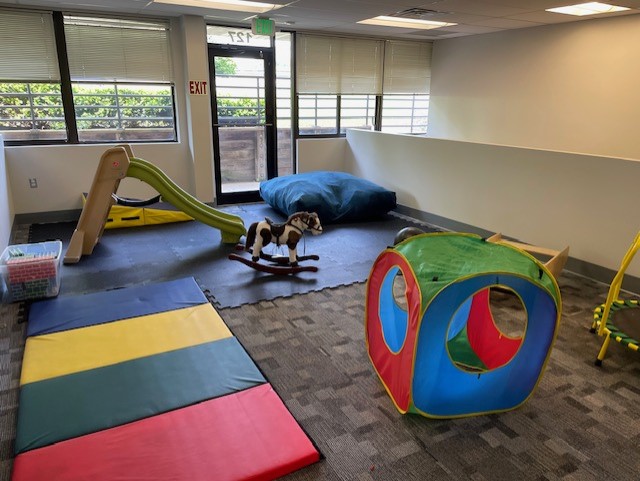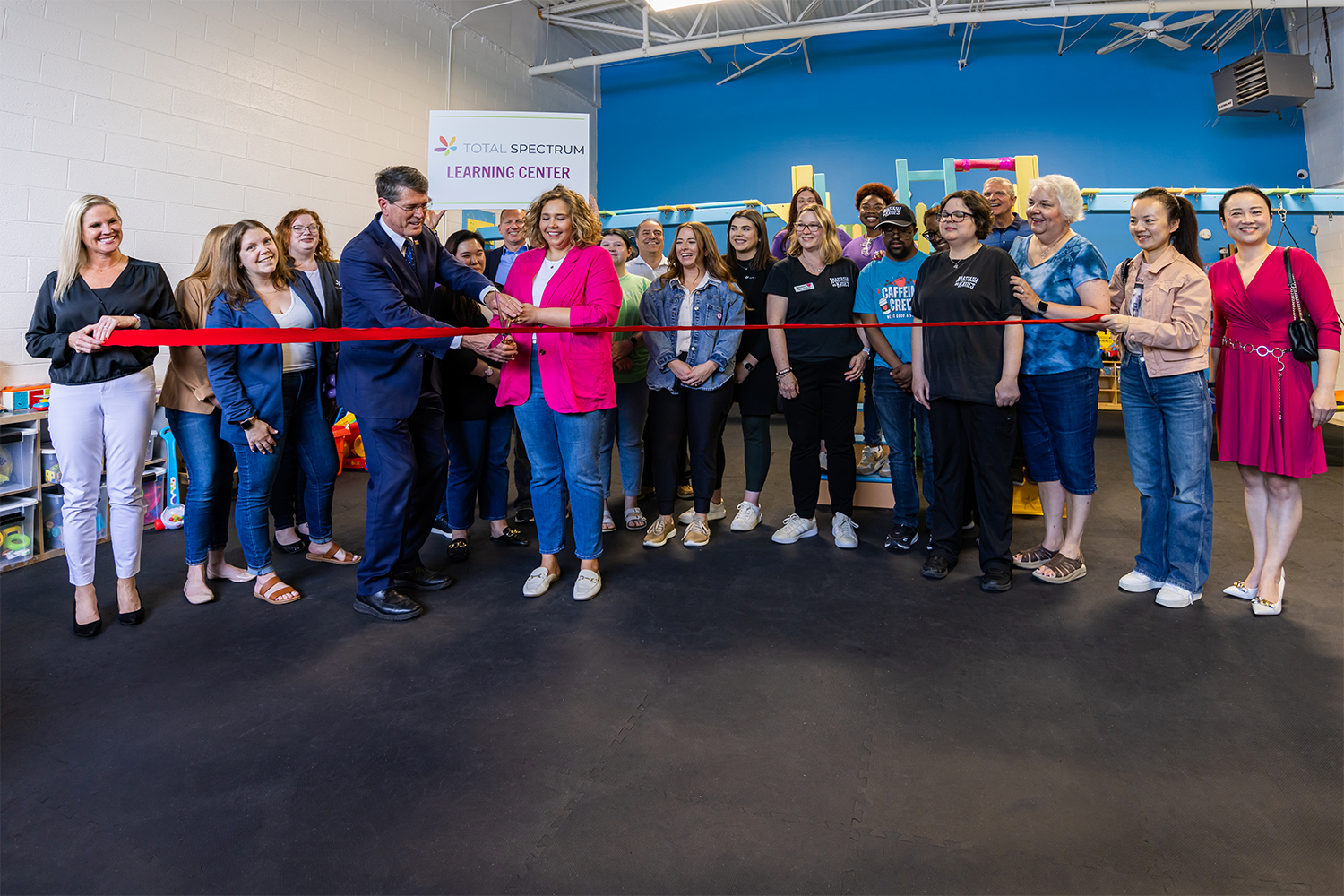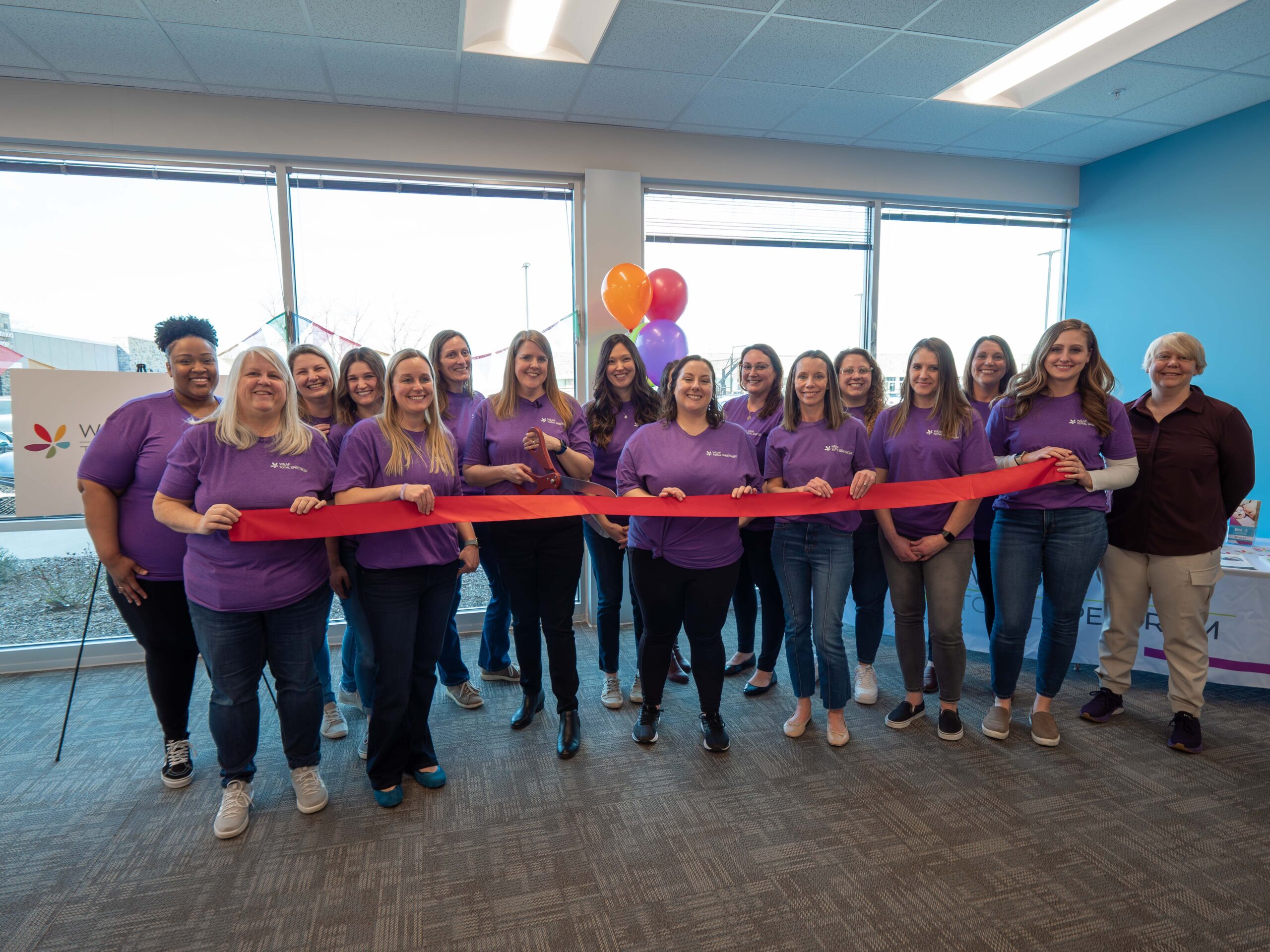October 22, 2025
LEARN Behavioral Acquires Play Connections of Beaverton, Oregon
FEATURED POSTS
October 13, 2025
BALTIMORE, MD and PORTLAND, OR: LEARN Behavioral, the leading network of providers serving children with autism and other special needs, announced today the acquisition of Oregon based Play Connections Autism Services further expanding its provider network in the Pacific Northwest.
Founded by Melanie Kong-Shaw, MA, BCBA, LBA in 2008, Play Connections has been a pioneer in the growth of Applied Behavior Analysis (ABA) treatment in Oregon. According to Melanie, “Since its inception, Play Connections has been an advocate for access to high quality ABA services in the state of Oregon. Over the past 10 years we’ve trained dozens of behavior analysts and helped hundreds of families. Partnering with LEARN, begins the next chapter in Play Connection’s history and will allow us to expand our services to more families in the state.”
In combination with Autism Spectrum Therapies (AST) Seattle/Bellevue office, LEARN now provides ABA therapy services in Oregon and Washington. Justin Funches, President of LEARN’s autism provider network continued, “Melanie is an exceptional clinician that shares our commitment to professional development of staff and delivery of exceptional clinical services. Together we are excited to continue to support the Portland community and the greater Pacific Northwest.”
About Play Connections
Play Connections supports young learners with autism through a motivation-based intensive Applied Behavior Analysis (ABA) program with a focus on Verbal Behavior strategies. The Play Connections Early Learner Program is specifically designed to give young children, ages 2-6, a jump start in acquiring meaningful communication and critical skills that provide a foundation for lifelong learning. The team of behavior analysts and behavior technicians at Play Connections believe in a close working relationship with parents and ongoing collaboration with all team members in order to ensure consistency and the best possible outcome for each child in the program. www.playconnections.com.
About LEARN Behavioral
LEARN is the leading network of providers serving children with autism and other special needs. LEARN specializes in behavioral health treatment based on the science of Applied Behavior Analysis (ABA), and is committed to providing programs and services that are family-focused, community minded, and delivered with the highest clinical integrity. The LEARN team delivers more than 1.5 million hours of services annually and is comprised of more than 3,000 passionate professionals dedicated to nurturing every child’s personal best. www.learnbehavioral.com.









